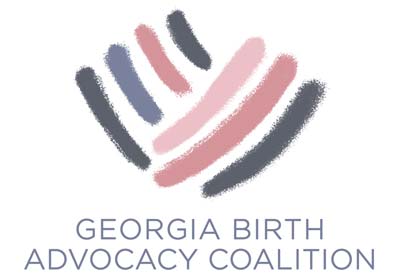Maternal Mental Health
Eighty percent of women experience mild depression a few days after giving birth. One in seven experience postpartum depression. Suicide is a leading cause of maternal mortality.
It’s a familiar refrain: giving birth causes a person’s hormones to go into overdrive. Sometimes they go haywire, causing mood problems. The reality does not match this popular story. Maternal mental health is about a lot more than hormones. Focusing on hormones as the sole or primary cause ignores the social, cultural, and family factors that erode mental health after giving birth.
Giving birth radically transforms a person’s body, identity, and mind. One in seven people experience postpartum depression, and one in ten face postpartum anxiety. Most never seek treatment.
The United States is a uniquely hostile place to give birth. Birth is more expensive here than almost anywhere else in the world, leaving new parents with a range of financial concerns. Our rate of maternal mortality is the highest in the developed world. Rates of birth-related complications have increased 75% over the past decade.
New parents often rush back to work, return home from the hospital to little or no support, struggle to breastfeed, face judgment from friends and family members, and collapse under the stress of early parenthood’s sleepless nights. Recovering from giving birth is a lot like recovering from a major surgery or medical event. But rather than offering support and relaxation, many families expect new parents to go home, start cleaning, tend to children, and quickly return to work. No wonder the majority of women experience back or pelvic pain a year after giving birth. They’re simply never given time to heal.
For some women, especially the most vulnerable and lease supported, this high-stakes and high-stress birth culture triggers serious mental health issues. Postpartum depression can end in tragedy. Suicide is the second leading cause of postpartum death.
A culture that values families must rally around new parents to offer support and rest. When women experience postpartum depression, they must feel comfortable seeking help—not afraid that they’ll be locked away in hospitals without their babies. One study found that fear of being separated from the baby is a key reason why women don’t seek help for PPD. This problem could be easily solved by in-home psychiatric care, or by hospitals that allow “rooming in,” just as maternity wards do.
Instead, we continue to act as if postpartum depression is an individual problem or a personal failing—not a reflection of a society-wide lack of concern for families. We can fix this. We have to fix this.

